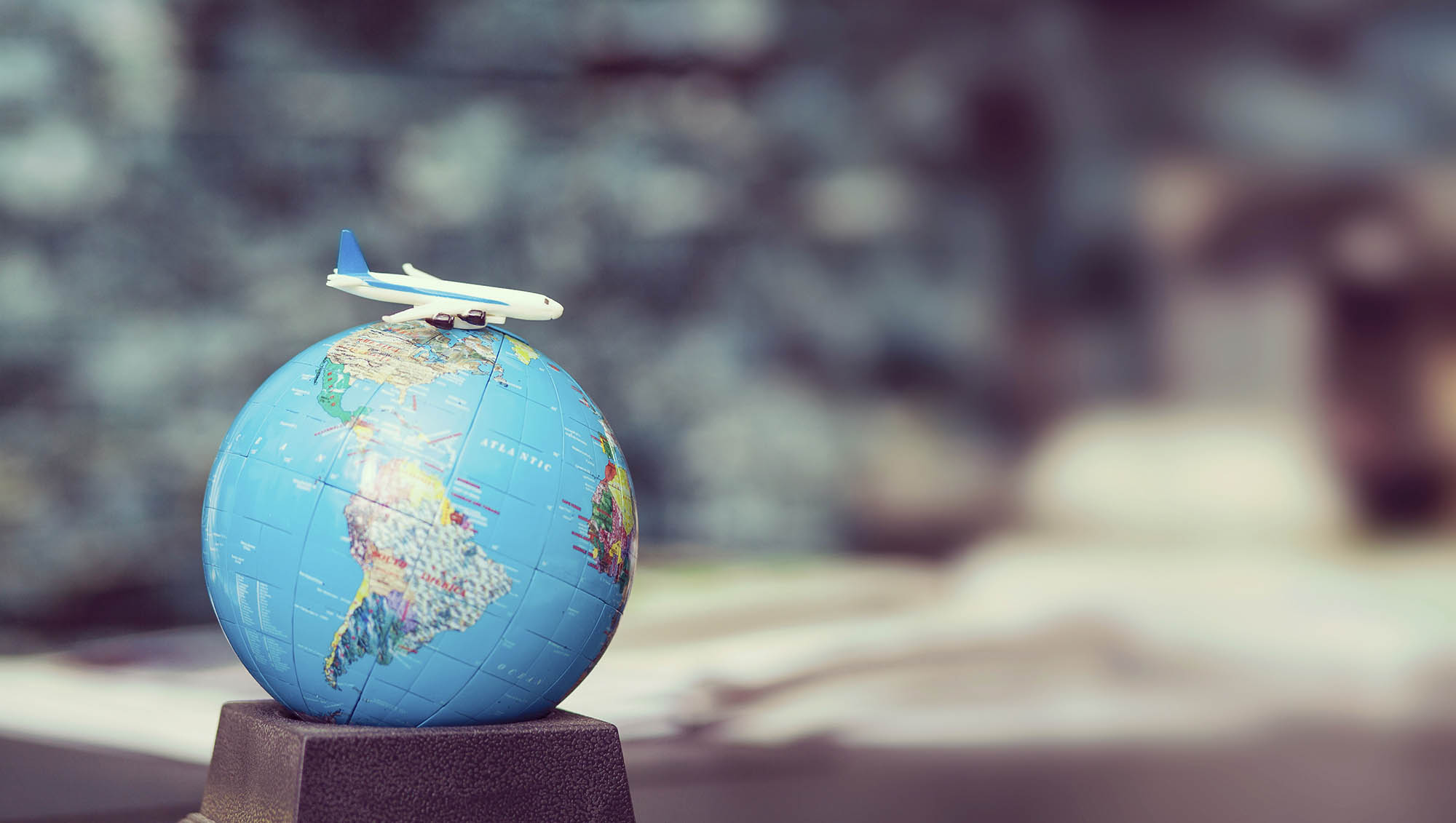At the beginning of the year, we used to talk about the future of jobs. Four months later, the world has become 100% digital and the conversation has turned to the future of travel. We are all aware of the impact of COVID-19 on tourism, but we also know that the sector has a proven track record of resilience. After SARS in 2003 and the financial crisis of 2009, the tourism industry saw a full decade of continuous growth. This time, we expect it to once again be a driver of recovery, with the support of global innovation ecosystems.
Startups enable society to benefit from new advances in a shorter time; connecting their projects with venture capital guarantees their implementation. This flow of knowledge and investments is a novel paradigm for introducing state-of-the-art technologies in tourism recovery plans for countries and corporations alike.
The most human sector
With 1.5 billion tourists, tourism is the most human of all industries. It is also one of the sectors that creates the most jobs, with women, young people, SMEs, and microenterprises playing key roles. Tourism has also demonstrated its capacity to weather changes. Notably, the sector responded to the advent of the Internet by developing guidelines for digital transformation that facilitated its exponential growth. The dot-com boom of the 1990s broke the traditional value chains, eliminating middlemen and making hotels, airlines, and travel packages more accessible to consumers.
Another great disruption was brought about by online travel agencies (OTAs), which have managed to massively integrate tourist packages, upending the sector’s existing practices and leading the way to the digital transformation. The third disruption occurred around 2010, when exponential innovation in certain companies greatly accelerated the growth rate. By tapping into the sharing economy, companies like Airbnb and Uber have been able to offer much more affordable and personalized options, forcing private-sector businesses to work with startups to generate a more efficient tourism industry through open innovation.
Startups enable society to benefit from new advances in a shorter time; connecting their projects with venture capital guarantees their implementation.
An optimistic sector
But even amid the current crisis, there are opportunities to be found. As the world has transitioned to a 100% digital environment, the existing challenges have only accelerated exponentially.
The first of these challenges is “overtourism”—the overcrowding of popular tourist destinations. This trend has prompted tourism-heavy countries such as Spain, Italy, and the Netherlands to work towards a more responsible form of tourism that generates greater added value and is less invasive of citizens’ daily lives.
The second challenge is job creation. Qualifications and profiles, particularly those at the base of the pyramid, are being raised through training. Cybersecurity, big data, analytics, digital marketing, and data science were not traditionally the most sought-after skillsets, but nowadays they are in high demand. The Tourism Online Academy, a joint initiative of the World Tourism Organization (UNWTO) and IE University, has been doing important work to produce the professional profiles demanded by the sector today.
The third major challenge is open innovation, an area in which startups, corporations, and governments must work together to find solutions. Countries such as the United States, Israel, China, Spain, and France are already making progress in this area by creating global innovation ecosystems. One example is the agreement between Emirates, the Dubai Tourism Authority, and a developer of COVID-19 rapid tests to collaborate on much-needed solutions in this area.
For a sector that has been forced to reinvent itself and develop uniform safety and public-health protocols, regaining trust may be the biggest challenge that lies ahead.
More sustainable, accessible, and inclusive
As the challenges facing the tourism sector have accelerated exponentially, the UNWTO has taken a leading role in seeking a more sustainable, accessible, and inclusive tourism. Before COVID-19, the sector was already focused on developing new experiences, new stories, and especially new tourism proposals in rural territories; the novel coronavirus has only accelerated this challenge. Appropriately, the UNWTO declared 2020 to be the Year of Tourism and Rural Development.
We truly believe that accelerating startups will improve processes and lead to new ways of positively impacting the sector’s value chain. Creating smart destinations is key for short- and long-term development. Making data-driven decisions and using artificial intelligence, blockchain, the Internet of things, augmented reality, and geolocalization will allow travelers to regain their confidence in travelling, with the assurance that the reopening of borders and businesses is based on technical criteria.
In this regard, the UNWTO has launched the Healing Solutions for Tourism Challenge, a global call for highly innovative projects aimed at ensuring optimal hygiene standards, solidifying the business community, and strengthening destinations for the arrival of travelers.
We should take advantage of this time to keep innovating in tourism products with a deeper segmentation. It is time to strengthen ecological and nature tourism, including niches such as birdwatching and the enjoyment of attractions from other sectors like agriculture—for example, designing products around wines or coffee plantations.
Along the same lines, tourism promotion should be smart. Marketing efforts should be aimed at motivating people to travel after the crisis and communicating the safety measures that will be offered as soon as destinations open.
For a sector that has been forced to reinvent itself and develop uniform safety and public-health protocols, regaining trust may be the biggest challenge that lies ahead. We are sure that the tourism industry will manage to renew itself, with innovation and technology continuing to play a central role in these efforts. Supporting startups and companies is key to contribute to the entire spectrum of economic sectors that benefit from tourism.
© IE Insights.











